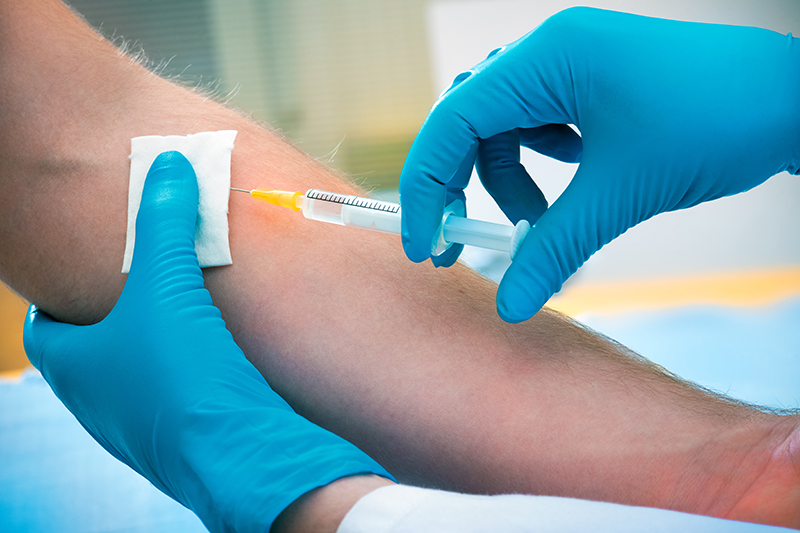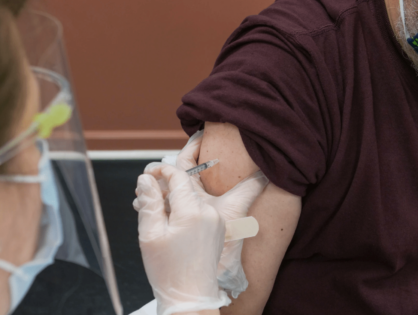As the hepatitis A outbreak continues in Louisville, the metro Department of Public Health and Wellness has released a list of 10 important things you should know.
As of June 25, 480 cases of hepatitis A have been reported and three patients have died.
Above all else, officials urge residents to get vaccinated against hepatitis A.
“Our hepatitis A outbreak will stop when the majority of our Louisville residents are vaccinated,” said Dr. Sarah Moyer, the department’s director.
Here are 10 key things to know about the hepatitis A outbreak:
- The hepatitis A virus is being spread through person to person contact: Sharing a home, a cigarette, marijuana joint, a drink or sex with someone who has the virus puts you at high risk.
- There have been cases of hepatitis A in every Louisville ZIP code.
- While the outbreak is largely centered in people who use drugs (any kind of drug use, not just injecting) and people who are homeless, 1 out of 8 cases report no risk factors.
- More than 60 percent of the 478 people who have had hepatitis A have been hospitalized. Getting hepatitis A can make you very sick.
- A person can have hepatitis A for up to 2 weeks before symptoms ever develop. During that 2 weeks they are contagious and exposing others to the virus.
- The hepatitis A virus can live for a long time on surfaces. Disinfecting kitchens and particularly any restroom open to public use with a solution of bleach and water is the most effective way to kill the virus.
- Washing hands thoroughly with warm water and soap is a way to protect yourself from many diseases, including hepatitis A. Be aware that hand sanitizer has not been proven as effective as hand-washing against hepatitis A.
- For the best protection, you need to be vaccinated against hepatitis A. The Louisville Metro Department of Public Health and Wellness and the Kentucky Department for Public Health encourage residents of Jefferson and other counties with a hepatitis A outbreak to get vaccinated.
- Most health insurance plans should cover 100 percent of the cost of the hepatitis A vaccination. If your pharmacist or health care provider says there’s a cost, contact your health insurance provider to find out where they allow you to get vaccinated at no cost.
- If you get diagnosed with hepatitis A and the Department of Public Health and Wellness calls you, please talk to them. When someone is diagnosed with a communicable disease, a nurse or epidemiologist from Public Health and Wellness will contact them. Any information shares is protected and helps the department make progress in stopping the spread of hepatitis A.




